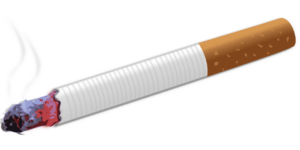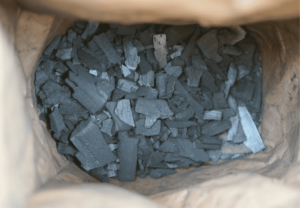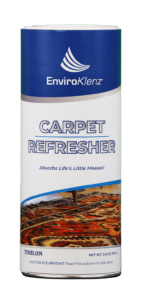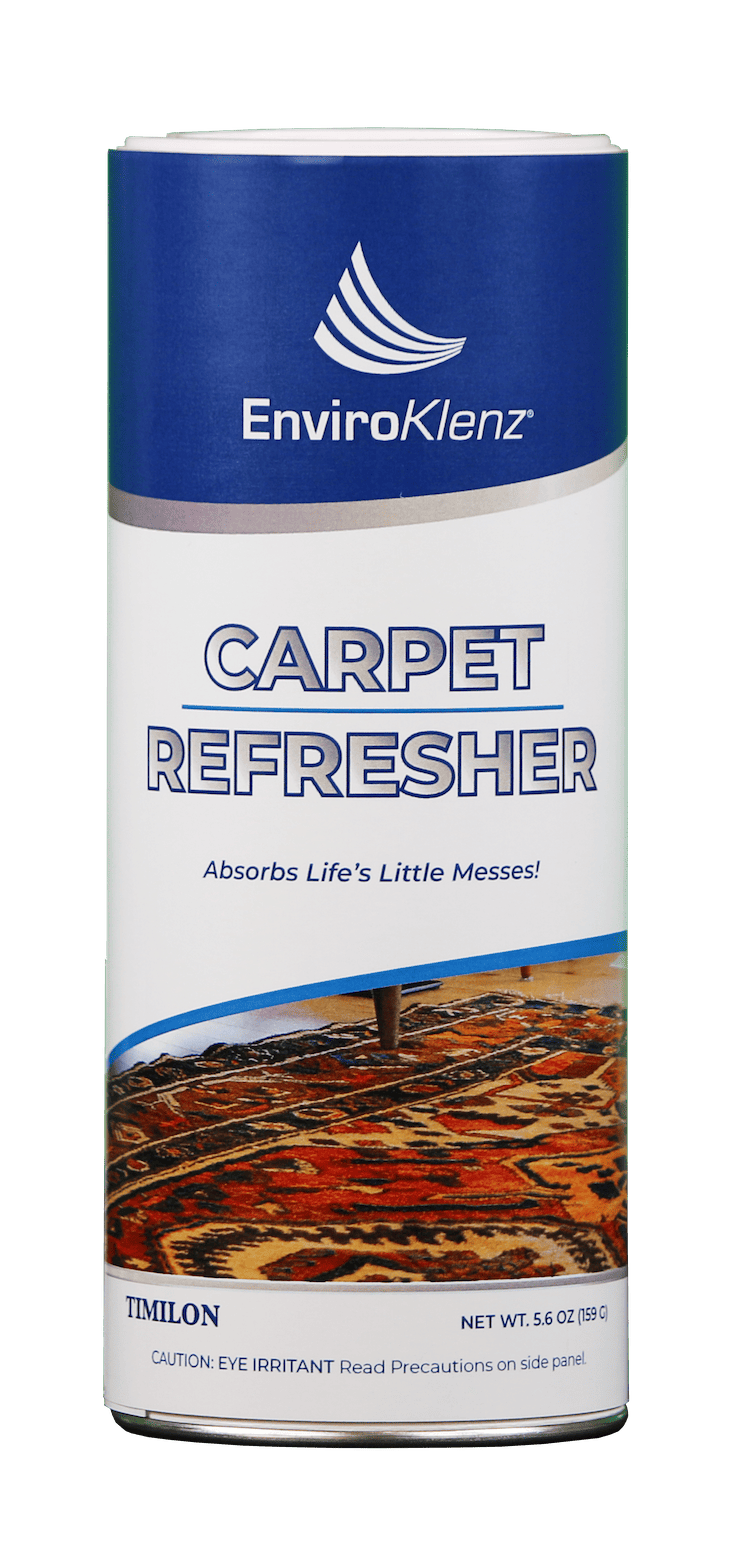How to Remove Smoke Smell from Car
The moment you step into your car, the smell begins to invade your nose. The distinct odor of cigarette smoke is a smell that is both known for its strong aroma and long-lasting presence in an environment – especially one that has obtained major exposure like a car. Cars are known to be odor absorbing environments due to the fact that you are surrounded by padding, material, and cloth seats that will retain and harbor the growing odor presences that come into contact within this small confined space.
Most car owners will know exactly what I mean when talking about a car’s ability to absorb odors. The most common examples of invading odors in a car can include the smell of fast-food when you quickly pick it up in a drive thru, the smell of spoiled food that may have been left too long on the floorboard, the smell of plants that you transported in your trunk to your garden, or even the smell of cigarette smoke that was exhaled out into the airspace of your car (no matter if it was one cigarette or a whole pack!). Cigarette smoke can be a strong offending odor, and one that is not easily removed from an environment like a car.
In this article we are going to discuss the impact that cigarette smoke has on a car’s interior and learn the best way on how to remove smoke smell from car quickly and effectively!
Why Do I Keep Smelling Smoke in Car?
 Why do I keep smelling smoke in my car? You try everything to avoid having the smell of cigarette smoke in your car – maybe you open the window and blow the smoke outside, you avoid smoking in your car completely, or you try to minimize your passengers smoking habits in your vehicle. However, the smell of smoke can still creep its way into the space of your car, and taint the seats, floorboards, and even the air vents that will take on the odor of the smoke and release it out into the air of the car. And once cigarette smoke gets into the air of your car, it will be a mission to eradicate the odor entirely from the air.
Why do I keep smelling smoke in my car? You try everything to avoid having the smell of cigarette smoke in your car – maybe you open the window and blow the smoke outside, you avoid smoking in your car completely, or you try to minimize your passengers smoking habits in your vehicle. However, the smell of smoke can still creep its way into the space of your car, and taint the seats, floorboards, and even the air vents that will take on the odor of the smoke and release it out into the air of the car. And once cigarette smoke gets into the air of your car, it will be a mission to eradicate the odor entirely from the air.
Typically, people who frequently smoke inside of their cars will be the ones left dealing with this odor issue in their vehicles. Therefore, the decision must be made to either deal with the cigarette odor in their vehicle, stop the use of cigarettes in their car, or try to implement different odor removal processes in the car to aid in the minimization or removal of the smoke odor on the fabric of the car.
Car Smells Like Cigarettes but Don’t Smoke…
Another issue with cigarette smell in a car is when you purchase a used vehicle that has previously been owned by what smells like a chain-smoker. Often times when you are going to purchase a used vehicle, the dealership does everything in its power to disguise the past odor presence in the vehicle through the use of different odor shielding methods such as chemical cleaners, perfumes, and masking agents to cover the smell up for an extended amount of time. However, what can you do when you purchase a used car that didn’t smell of cigarette smoke when you bought it but over time the smell is coming back full-force in the interior of the car?
Can You Get Smoke Smell Out of a Car?
 Cigarette smoke and odors can be produced from the releasing of ashes, butts, and even just smoke that is released into the air from the use of these tobacco products in a car. When any of these items are present in your car, it will create the unwanted smell of smoke in the car. If smoke odors are present in your home you may be wondering, ‘can you get smoke smell out of a car?’. The answer is yes, but it will depend on how much cigarette smoke is present in the environment to determine which odor removal method to use in the car.
Cigarette smoke and odors can be produced from the releasing of ashes, butts, and even just smoke that is released into the air from the use of these tobacco products in a car. When any of these items are present in your car, it will create the unwanted smell of smoke in the car. If smoke odors are present in your home you may be wondering, ‘can you get smoke smell out of a car?’. The answer is yes, but it will depend on how much cigarette smoke is present in the environment to determine which odor removal method to use in the car.
The most common methods that are used to get smoke smell out of a car will include charcoal odor absorbers, car air fresheners, baking soda, car detailing, and even non-toxic odor removing products. All of these methods work in different mechanisms to contain and hide/remove the odor from the environment of the car. Below we will discuss the pros and cons of each of these methods and learn the best one to implement in your car to remove smoke smell.
How Long Does Cigarette Smoke Last in a Car
The lingering smell of cigarette smoke in a car can be present for a long period of time after the initial introduction of this chemical smoke into the air of your vehicle. When residual tobacco smoke lingers in a room or environment after the smoking of this product has stopped, it has been coined the term Thirdhand smoke, according to the American Nonsmokers’ Rights Foundation. Tobacco is composed of a number of different types of gasses and particulate matter that will form this smoke odor in the environment.
The length of time that cigarette smoke can last in the air will depend on how much smoke was released into the air, how small the environment is, and the duration of time in which the smoking has occurred in this space. Typically, however, smoke will last in the air for several hours after somebody smokes, and can become embedded into the fabric that is exposed to the smoke like car seats, floorboards, dashboards, etc.
How to Remove Smoke Smell from Car
If you have finally had enough of that nauseating smell of cigarette smoke in your car than it may be time to start using odor elimination methods in the environment to expel the cigarette smell. There are several different methods that are used to eliminate odors from a car, particularly smoke smell that is ingrained into the fabric of the interior of the car and trapped in the air vents. As we discussed earlier, some of the most popular methods to removing smoke smell from a car includes charcoal odor absorbers, car air fresheners, baking soda, car detailing, and even the use of non-toxic odor eliminating products to eradicate the cigarette odors in the environment. However, which one works the best for fully removing cigarette smoke smell from your car?
Does Charcoal Remove Odors from Smoke?
 A popular item that is used heavily for odor absorption is charcoal or activated charcoal. Activated charcoal works naturally to absorb odors like vinegar and baking soda and can remove tough odors such as cigarette smoke in a car. This technology works by absorbing and trapping odors on a high surface area – where several holes are poked to retain the odors onto. Although charcoal will remove odors such as smoke, there is potential risks for this odor to become re-released back into the air overtime as the charcoal becomes full – working counterproductively in the environment.
A popular item that is used heavily for odor absorption is charcoal or activated charcoal. Activated charcoal works naturally to absorb odors like vinegar and baking soda and can remove tough odors such as cigarette smoke in a car. This technology works by absorbing and trapping odors on a high surface area – where several holes are poked to retain the odors onto. Although charcoal will remove odors such as smoke, there is potential risks for this odor to become re-released back into the air overtime as the charcoal becomes full – working counterproductively in the environment.
Car Air Freshener for Smokers
A car air freshener is considered a quick fix to odors stuck in your car such as cigarette smoke left behind from smokers in this space. These car air fresheners for smoke work similar to that of room air fresheners, as they use a fragrant wax or liquid that is strategically placed in the direct path of the airflow in the vehicle – located on the vents. The air freshener will disseminate the fragrance throughout the entire car and try to work to shield the putrid smell of smoke.
Baking Soda Car Odor
 Baking soda is a known deodorizer that can be used on a variety of surfaces including upholstery, carpeting, refrigerators, and even used in cars. This deodorizer can be sprinkled on to these surfaces and left on for hours to work to neutralize the odors harbored in the material. This odor solution is a non-toxic option, that may need to be applied multiple times onto the odor source to fully eradicate all of the stuck-on odors.
Baking soda is a known deodorizer that can be used on a variety of surfaces including upholstery, carpeting, refrigerators, and even used in cars. This deodorizer can be sprinkled on to these surfaces and left on for hours to work to neutralize the odors harbored in the material. This odor solution is a non-toxic option, that may need to be applied multiple times onto the odor source to fully eradicate all of the stuck-on odors.
Car Detailing Smoke Odor Removal
A more expensive option when it comes to removing smoke odors from a car is to have your vehicle undergo a car detailing. This type of car detailing will include the following;
- Degreasing of the entire interior using chemical cleaning agents that will be applied to carpets, leather, all hard surfaces, windows, seat belts, etc.
- Steam and blow out all air vents
- Replace air filter in cabin
- Degrease and steam headliners
- Steam clean all interior surfaces
- Water extract the cloth seats and carpet surfaces
- And use an ozone generator treatment in the vehicle
Although this odor removing process can be effective, it may not be the best choice for those individuals who are sensitive to chemicals – as there are many chemical agents used in this process.
EnviroKlenz Carpet Odor Cleaner for Car Smoke Odors
 Unlike other odor removal processes for smoke mitigation, EnviroKlenz works to actually contain and neutralize the odors – leaving you without worry of these odors coming back into the environment overtime. EnviroKlenz uses a patented earth mineral technology that works through ‘adsorptive neutralization’, which means that chemical compounds and noxious odors are contained and neutralized/broken down by this technology in the environment. This process is both non-toxic and fragrance-free, offering you a true solution to odor mitigation unlike other masking agents used to remove these odors from indoor spaces, acting as an odor neutralizer for car.
Unlike other odor removal processes for smoke mitigation, EnviroKlenz works to actually contain and neutralize the odors – leaving you without worry of these odors coming back into the environment overtime. EnviroKlenz uses a patented earth mineral technology that works through ‘adsorptive neutralization’, which means that chemical compounds and noxious odors are contained and neutralized/broken down by this technology in the environment. This process is both non-toxic and fragrance-free, offering you a true solution to odor mitigation unlike other masking agents used to remove these odors from indoor spaces, acting as an odor neutralizer for car.
The EnviroKlenz Carpet Refresher is a quick and easy way to manage daily odors around the home, specifically on carpets, rugs, and vacuumable soft surfaces. If your car contains cloth seats and carpeting, this product can be swiftly applied to eradicate the smoke odors from the car. Additionally, the EnviroKlenz Odor Eliminating Pad can be cut to size to be placed in a car’s air filter or placed under car seats to eradicate the smoke odor that is stuck in the air and air vents of the vehicles interior.

Carpet & Rug Refresher

✓ Patented earth mineral technology works to attack VOCs and break them down on a compound level
✓ No chemicals or masking agents
✓ Easy to use; Sprinkle on and wait approximately 15 to 20 minutes, then vacuum thoroughly
✓ Can be used on carpeting, rugs, upholstery, automobile interiors, and drapes
Comments
Post a Comment